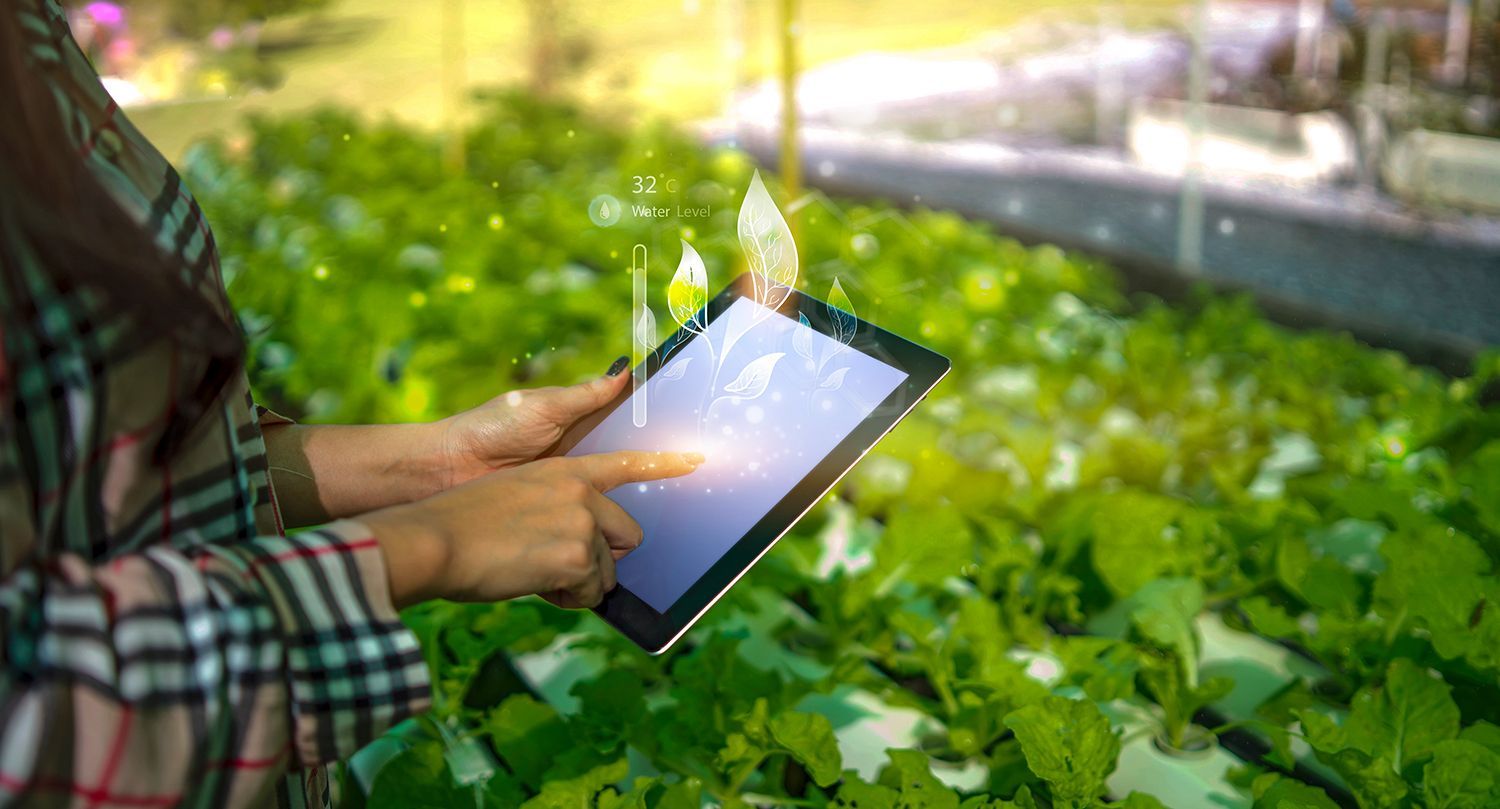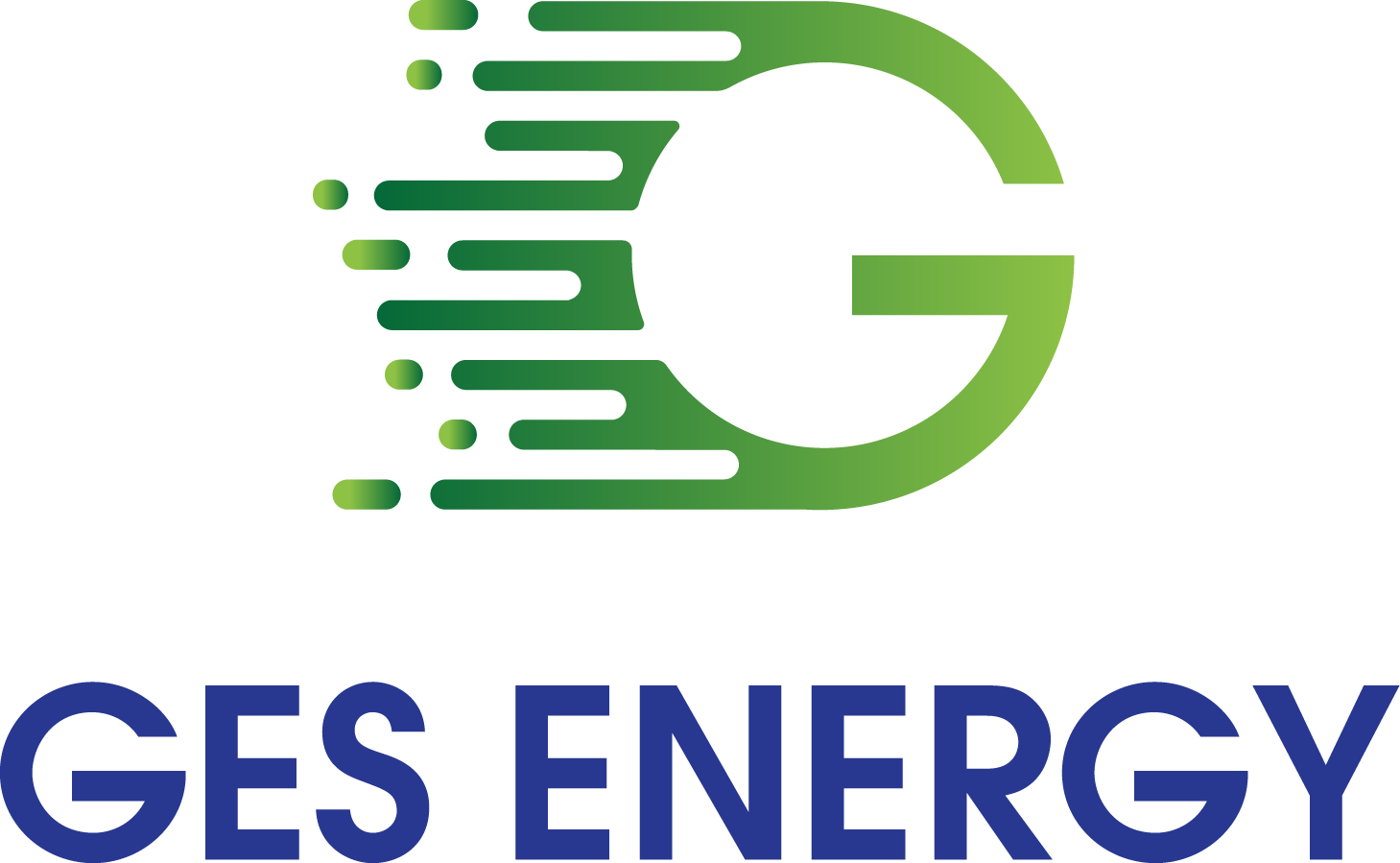Have A Question?
Agri Solar Firms
Agriculture solar firms, also known as agrivoltaic companies, specialise in integrating solar power systems with agricultural practices. These firms focus on deploying solar panels in ways that benefit both energy production and agricultural output, creating a symbiotic relationship between the two sectors. Greentech Engineering Solutions can design and install these solar systems, providing tailored solutions to meet the unique needs of agricultural operations.
Key Aspects
Dual-Use Land: Agrivoltaic systems allow for the simultaneous use of land for agriculture and solar energy production. Solar panels can be installed above crops or pastures, maximising land use efficiency.
Increased Efficiency: By using bifacial panels or adjustable mounts, these systems can optimise solar energy capture while providing shading for crops, which can reduce water evaporation and protect plants from extreme weather.
Technological Integration: These firms often incorporate advanced technologies such as smart sensors, automated tracking systems, and precision agriculture tools to enhance both solar energy output and crop productivity.
Sustainability: Agrivoltaic systems promote sustainable farming practices by reducing the reliance on fossil fuels, lowering carbon footprints, and contributing to renewable energy goals.
Benefits
Notable Applications
Crop Cultivation: Solar panels can be installed above crops like lettuce, tomatoes, and berries, which benefit from partial shading. This setup can also reduce the need for pesticides and herbicides by creating a less hospitable environment for certain pests and weeds.
Livestock Grazing: In pastures, solar panels provide shade for livestock, improving animal welfare and potentially increasing weight gain and milk production. Grazing animals, in turn, help maintain vegetation around solar installations, reducing maintenance costs.
Greenhouses: Solar panels integrated into greenhouse structures can provide energy for heating, cooling, and lighting, making greenhouses more self-sufficient and reducing energy costs.
Aquaculture: Floating solar panels on ponds or other water bodies used for aquaculture can help manage water temperatures and reduce algae growth, improving fish health and productivity.
Conclusion
Solar firms in agriculture are crucial in transitioning to sustainable energy and agricultural practices. These firms contribute to food security, economic resilience, and environmental sustainability by combining solar power generation with farming. As technology advances and the demand for renewable energy grows, the role of agrivoltaics systems is likely to become increasingly important in meeting global energy and food production needs.
GES Energy is well-equipped to design and install these advanced solar systems, providing comprehensive solutions that enhance agricultural productivity and sustainability.
Browse by Categories







